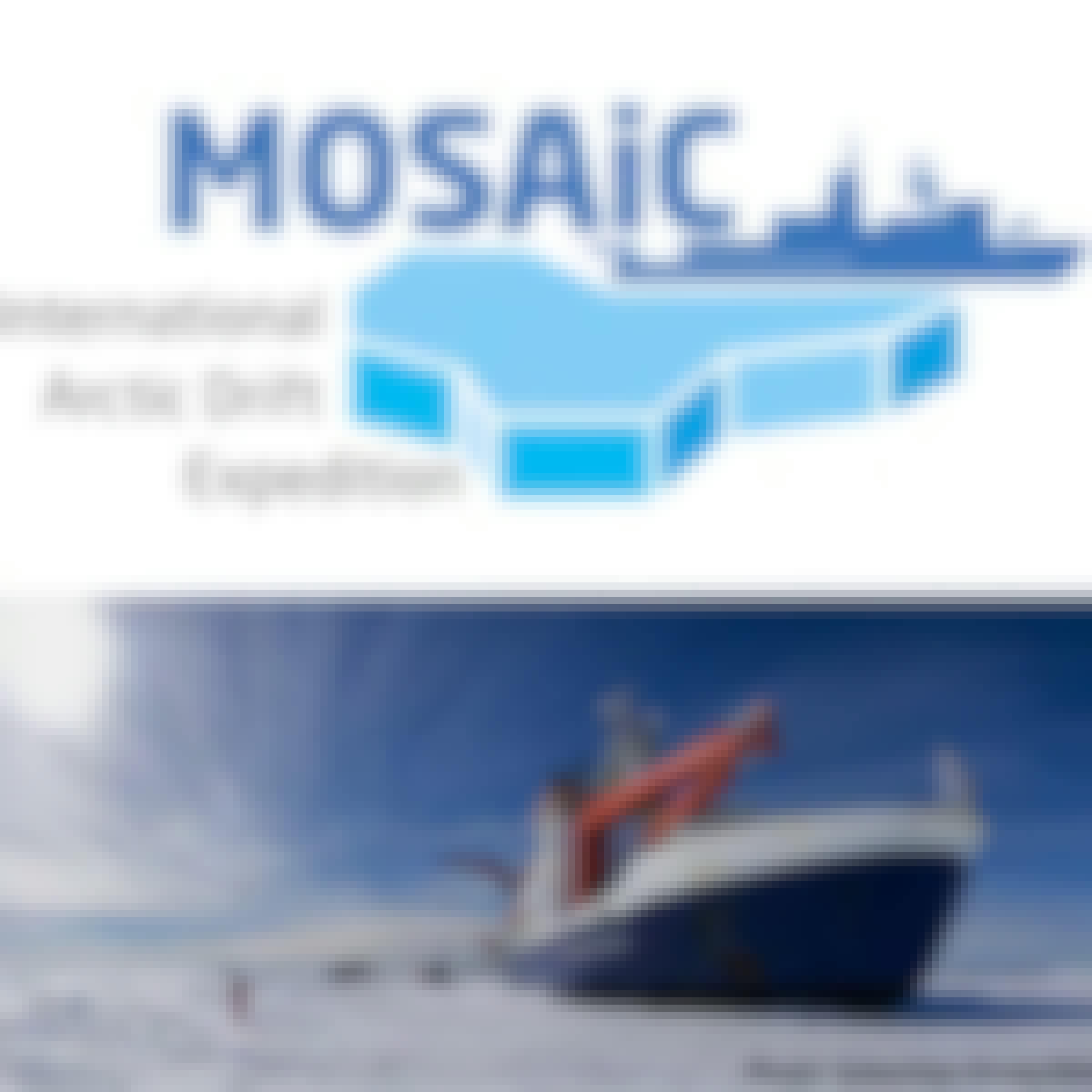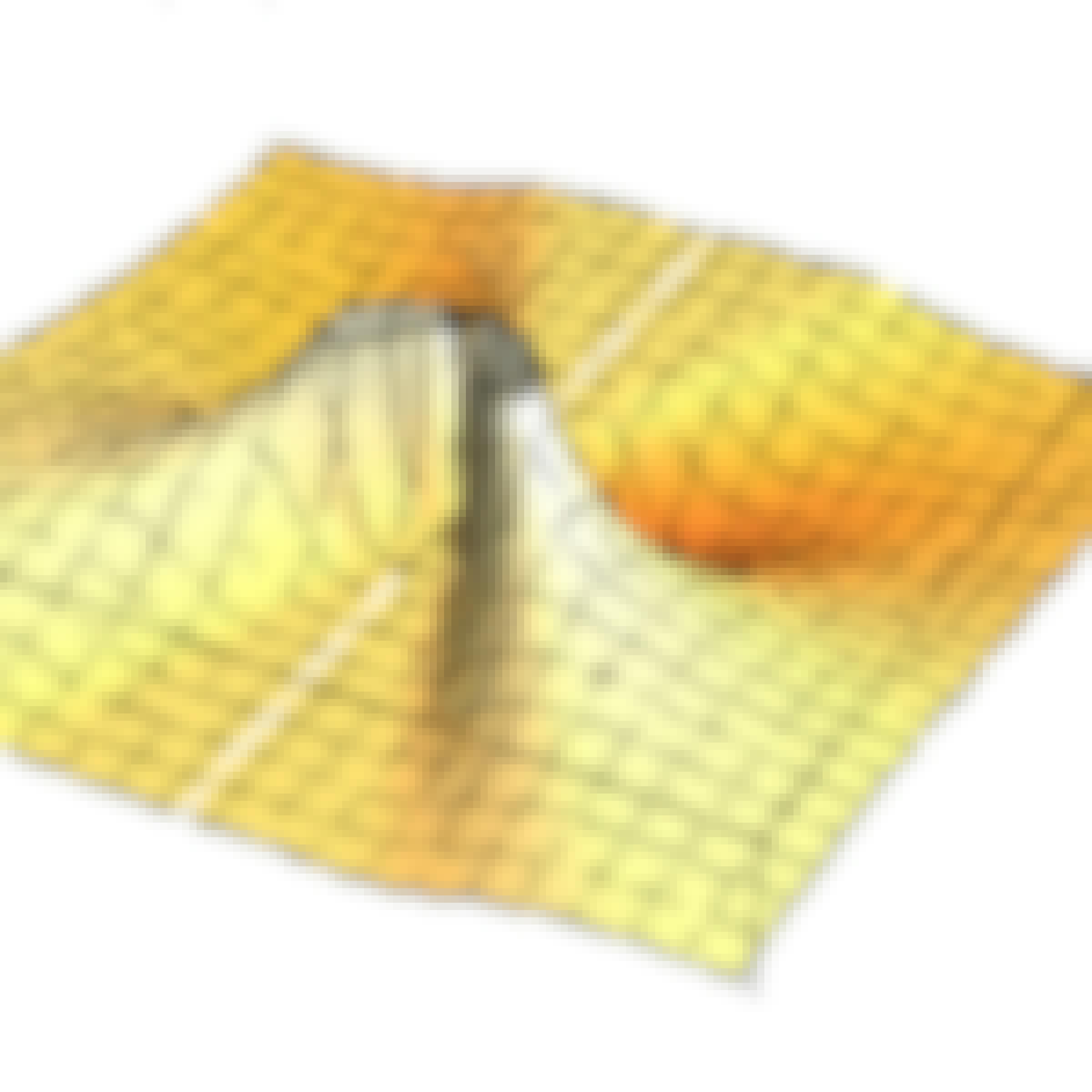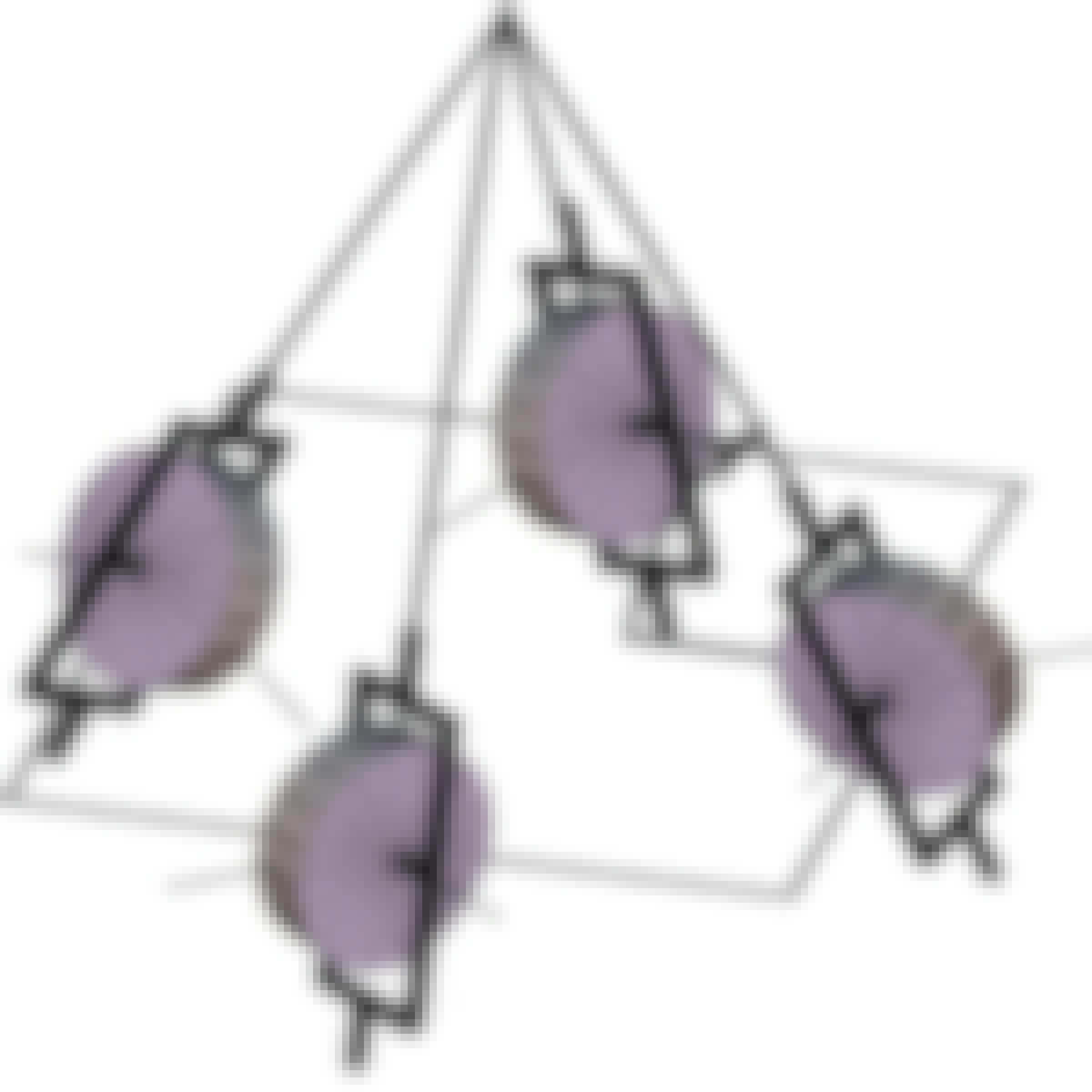Filter by
SubjectRequired
LanguageRequired
The language used throughout the course, in both instruction and assessments.
Learning ProductRequired
LevelRequired
DurationRequired
SkillsRequired
SubtitlesRequired
EducatorRequired
Explore the Physics Course Catalog



L&T EduTech
Skills you'll gain: Automation Engineering, Internet Of Things, Control Systems, Robotic Process Automation, Automation, Image Analysis, Computer Vision, Equipment Design, Engineering, Program Development, Mechanical Design, Manufacturing Processes, Mechanical Engineering, Electronics


University of Colorado Boulder
Skills you'll gain: Linear Algebra, Physics, Mathematical Modeling, Applied Mathematics


Universidad Nacional Autónoma de México
Skills you'll gain: Radiation Protection, Plant Operations and Management, Safety Assurance, Engineering, Chemical Engineering, Physics, Engineering Analysis, Energy and Utilities, Thermal Management, Engineering Calculations
 Status: Free
Status: Free
ISAE-SUPAERO
Skills you'll gain: Finite Element Methods, Structural Analysis, Vibrations, Engineering Analysis, Mathematical Modeling, Mechanical Engineering, Linear Algebra, Numerical Analysis, Applied Mathematics, Control Systems, Differential Equations


University of Michigan
Skills you'll gain: Manufacturing and Production, World History, International Relations, Business Modeling, Political Sciences, Timelines, Engineering Design Process


Universidade de São Paulo
Skills you'll gain: Timelines, Cultural Diversity, Anthropology, Liberal Arts, Psychology, Environmental Science, Physics, Biology


University of Colorado Boulder
Skills you'll gain: Environmental Issue, Systems Thinking, Cultural Sensitivity, Environmental Monitoring, International Relations, Mathematical Modeling, Environmental Science, Biology, Scientific Methods, Physics, Research, Chemistry


University of Colorado Boulder
Skills you'll gain: Estimation, Engineering Calculations, Applied Mathematics, Mathematical Modeling, Engineering Analysis, Differential Equations, Physics


University of Colorado Boulder
Skills you'll gain: Engineering Analysis, Vibrations, Mechanics, Finite Element Methods, Differential Equations, Applied Mathematics, Mathematical Modeling, Linear Algebra, Calculus

Skills you'll gain: Unreal Engine, 3D Modeling, Game Design, Virtual Environment, Video Game Development, Augmented and Virtual Reality (AR/VR), Visualization (Computer Graphics), Animation and Game Design, Animations, Computer Graphics, File Management, Interactive Design, User Interface (UI), Data Import/Export, Content Creation, Simulations, Design Elements And Principles, Performance Tuning
 Status: Free
Status: FreeSkills you'll gain: Integral Calculus, Calculus, Differential Equations, Advanced Mathematics, Applied Mathematics, Engineering Analysis, Linear Algebra, Mathematical Theory & Analysis, Physics, Derivatives


L&T EduTech
Skills you'll gain: Construction, Natural Resource Management, Environment and Resource Management, Building Design, HVAC, Environmental Engineering, Building Codes, Landscape Architecture, Thermal Management, Architectural Design, Human Factors, Physics
In summary, here are 10 of our most popular physics courses
- Robotics Engineering & Applications: L&T EduTech
- Theory of Angular Momentum: University of Colorado Boulder
- Ingeniería nuclear para principiantes: Universidad Nacional Autónoma de México
- Developments of structural dynamics: ISAE-SUPAERO
- The History of Rocket Science: University of Michigan
- Off the Clock: The Many Faces of Time: Universidade de São Paulo
- Frozen in the Ice: Exploring the Arctic: University of Colorado Boulder
- Approximation Methods: University of Colorado Boulder
- Analytical Mechanics for Spacecraft Dynamics: University of Colorado Boulder
- Blender 3 to Unreal Engine 5 — Dungeon Modular Kitbash: Packt












